May 29: The one with the tiny man in it
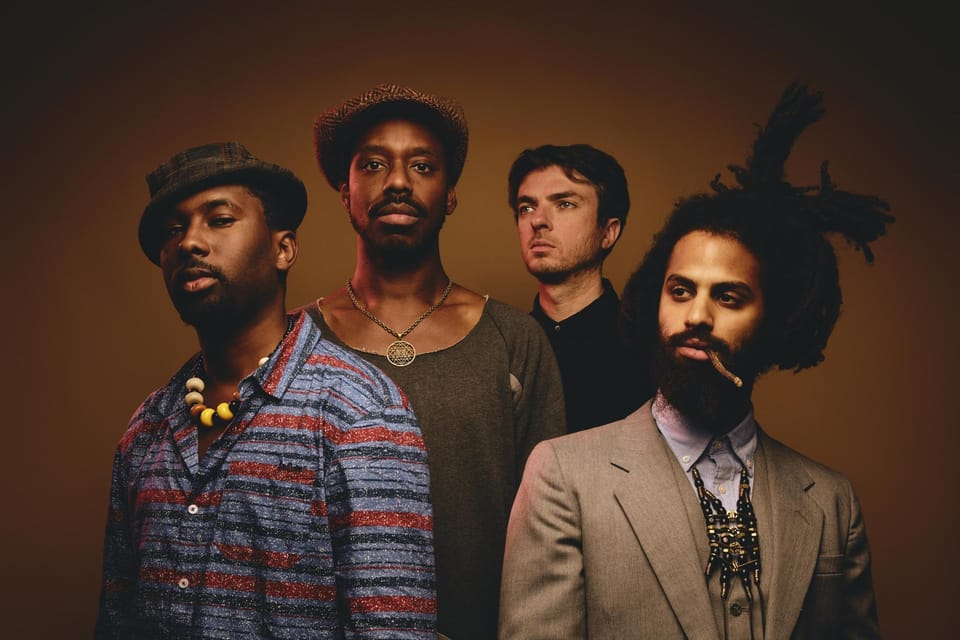
TikTok has come to The Crossover Appeal. I don't really have anything to say about that other than I intend to tread carefully and quietly, old and prone to rabbit holes as I am. All of the platforms we use to share our work are suspect in this post-industrial capitalist wasteland we all live in. The only thing more popular than complaining about how much these platforms divide us, making real conversation difficult (as though we ever had a thing) is using these platforms to make those complaints. But where Facebook, Twitter, Reddit, and Tumblr all feel sort of like early evolutions of Internet subculture, the next step after our janky Myspace pages and dingy chan sites, TikTok genuinely feels apocalyptic to me. Not because I think it's particularly destructive in ways or to degrees that other platforms aren't, but because it is such a pure distillation of how our social and political lives are constantly being inscribed and fed back to us by algorithms none of us understand.
Then again, friendship has always been a black box. We can say the things we love about the people around us, but we can just as easily think of people who we like just fine but for whatever reason you just don't click with. And when it comes down to it, I can tell you all about why the person I'm married to is an amazing, rich, caring individual, but I can only talk about my love for them by proxy and analogy. Who knows what machinations lurk inside the mystery box of knowing and being known, it's just the way things are.
TikTok is like that, but instead of the wishy washy give-and-take of flesh and blood around you, it's a patchwork streaming consciousness from which a video occasionally emerges to wink and say:
"No, I do really know you better than you know yourself. Hope that's ok. Enjoy this video about playing D&D as an anxious post-Evangelical with an evolving relationship to sexual identity and hard to pin-down career aspirations. Oh and also, you're not that funny."
And TikTok is even wilder from the creator side. You make a video and toss it out into the algorithmic rapids hoping that the gods of the swipe pluck your creation from the water and put it on everyone's FYP. Sure you can give it a "Shadow and Bone" hashtag to try and trick the program into thinking you're more relevant than you actually are, but at the end of the day it isn't your call.
....
We’re off the rails. Mainly I just think you should keep listening to Olivia Rodrigo.
Listen: Sour - Olivia Rodrigo
Olivia Rodrigo's debut album, SOUR, only released a week ago but it already feels like I'm way too late to say anything about it. Since the single "Driver's License" dropped earlier this year, Rodrigo has steadily taken up more and more space in the pop conversation in much the same way that Billie Eilish did two years ago when "bad guy" hit. But unlike Billie whose music oozed into the public conversation like a smoky, subterranean earworm invasion, Rodrigo's record is a masterfully woven tapestry of references, interpolations, and quotations of the past ten or fifteen years of pop music. Seriously, if you have paid any attention to Top 40 music in the past five years, listening to this record is like bird watching for music nerds. Tender piano ballads about teenage heartbreak bump up against pop punk ragers that are also about teenage heartbreak. That being a teenager sucks is the universal anchor point for SOUR, alongside Rodrigo's own gorgeous and expressive voice which has been recorded here with surprisingly mid-fi production. For me, more than the nostalgic, catchy choruses it's this production that makes SOUR a winner - it places Rodrigo's vocal performance center stage, gives it room to breathe, and coloring it with the sound of something much more live and raw than you'd get on similar subject matter from Selena or Dua Lipa. It's a little bit uneven as a record, there are bumps in the road here and there, but as a package, it's kind of magical and I know I'm not the only thirty-something that has spent all week under its spell.
Listen: Black to the Future - Sons of Kemet
TikTok user, @polarized_fre, shared a video this week lampooning white liberal participation in Black social movements. His video frames the Black Lives Matter message in relationship to Rick, of Rick and Morty, who pleads for help, explaining in explicit detail that he really is dying, that it is not a joke, and that he genuinely needs someone to come alongside him. @polarized_fre then frames white protesters showing up to the movement as Rick's family and friends who pick up the tune, but shed it of its context and dance along because, hey, it's a jam.
I bring this up as I recommend Black to the Future to you because as a white writer with a mostly white audience it's important that we do not get too much in the habit of uncritically passing the work of Black creators and artists around. When I listen to this new Sons of Kemet album I have the distinct sense that this is not music made with anyone like me in mind. This is not the same thing saying I don't find anything to like here, or to identify with - I very much do. This is a beautiful jazz album that mingles fiery spoken word poetry with Carribbean folk influences into something expansive. It encircles you as it plays, hemming you into a space of both anger and celebration. The opening track, "Field Negus", rings out with Joshua Idehen's voice:
My revolution rides a black horse and is stunning
Get me my flowers
Shower their petals over my escape route
Molotov cocktails as my banner
Skull and crossbones as my skin tone
Babylon burn down is my jam, mate
It's my ringtone
We are rolling your monuments down the streets like tobacco
Tossing your effigies into the river, they weren't even worth a pyre.
It's as clear a statement of intent for the rest of the record as you can imagine. This is music as manifesto and it refuses you the possibility of sanitizing it into barroom background music. It is music to soak up, to grant access to not just your ears, but your heart and your feet. Listen and listen again.
Watch: Jane Wickline on TikTok
Click the title for the link
In a first for The Crossover Appeal, I want to put a TikTok creator on your radar - 21 year old comedian, Jane Wickline. Her videos are perfect, bite size chunks of awkwardness that are frankly pretty hard to describe. For the most part, she's working in a vein of TikTok comedy that takes hyperspecific scenarios and plays them out for laughs. For Wickline, whose comedic timing feels calibrated by Zoom call interruptions and shower-thought regrets, this framework is a platform to unpack that anxiety we all feel when we are at our weirdest. Her characters are like if you took Tina Belcher, removed her from the context of Linda's motherly reassurances, and put Tina's insular weirdness out for everyone to see. I think Wickline's genius comes in her sense of when to insert the straight man, the character who reacts along with us, saying, what the fuck is going on? These videos let you occupy both the space of being completely and totally awkward while letting you have the distance to judge. It's a strange balance that the more I try to explain the more I rob of its artfulness, so I'll just say, watch her shit and get ready to have your real life friends go, "what even is this?" when you inevitably show them your favorites. Follow her @JaneWickline.
Watch: Chef's Table: France - Netflix
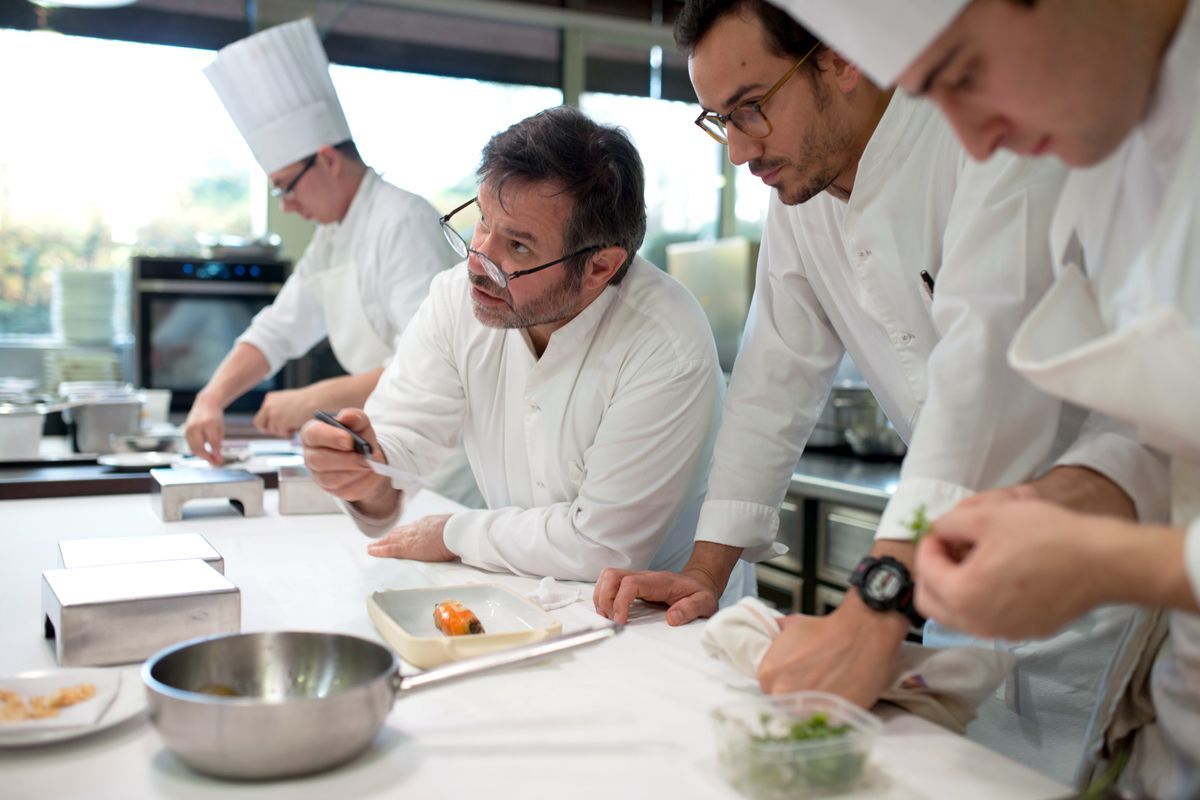
I love Chef's Table. If pressed, I might say that it's my favorite show, period. I have cried more consistently watching this show than any other piece of media. At first glance, Chef's Table is just another in a long line of food media built around the myth of the Chef as god, as celebrity, as capital "A" author - and to be honest there is some of that. Think of Chef's Table as Terrence Malick for foodies. Some of the episodes are like Knight of Cups, all slow shots and shimmering music to imply that something relatively ordinary has transcendental truth behind it. But then others are like The Thin Red Line, where it feels like every moment reveals something new about yourself and the world you live in.
I go back to this particular collection of episodes from 2016 quite often. It is romantic, as you'd expect from a miniseries focusing on France. It is passionate, personal, and serious while opening up surprising spaces for playfulness, even in the halls of triple Michelin starred restaurants. To be clear, there's very little critical work being done here - nothing in these episodes helps make the case for why the old systems of food production and celebrity need to be rethought, brought down. And yet, after the past two weeks' of controversy over Chef Daniel Humm's decision to reopen NYC mainstay, Eleven Madison Park, as a vegan restaurant, perhaps the episode with Alain Passard has more contemporary resonance than I might have expected.
To be honest, whether there's more happening here under the hood or not, I'm recommending you watch these four episodes as nothing more than a bit of aesthetic and narrative rest. Breathe it in and escape for a bit.
Hang in there folks, summer is almost here.
Jordan Cassidy

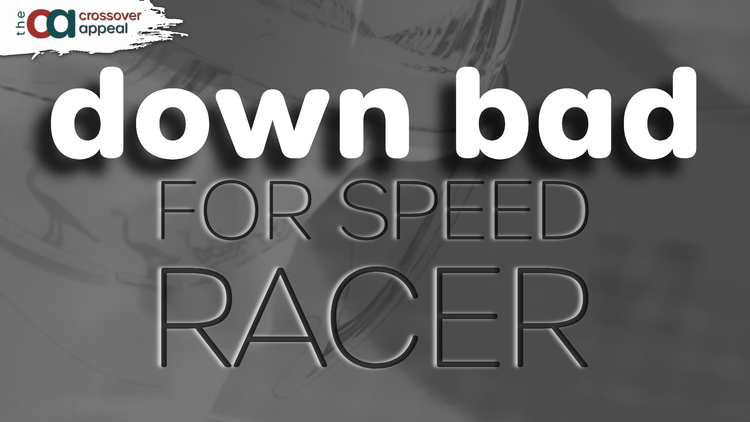
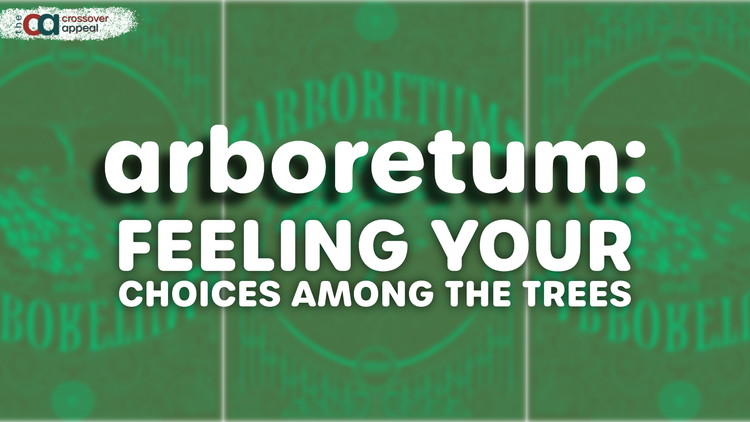
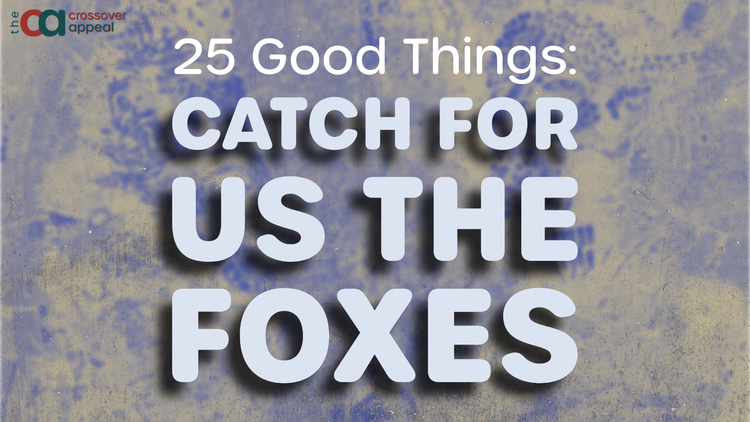
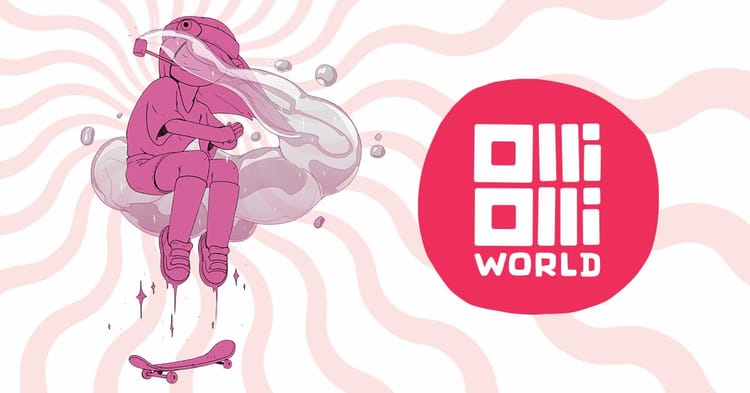
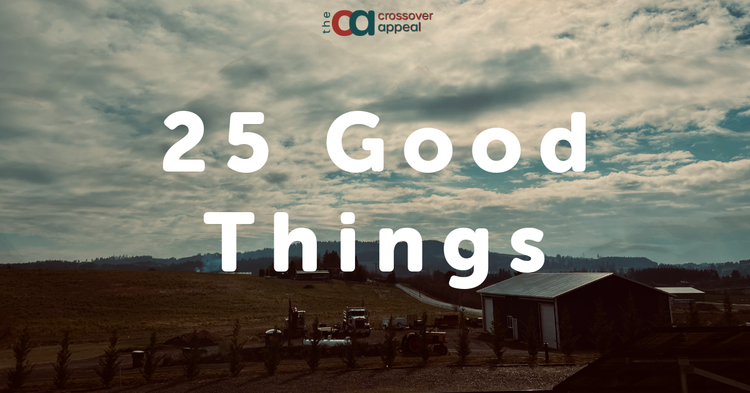
Member discussion